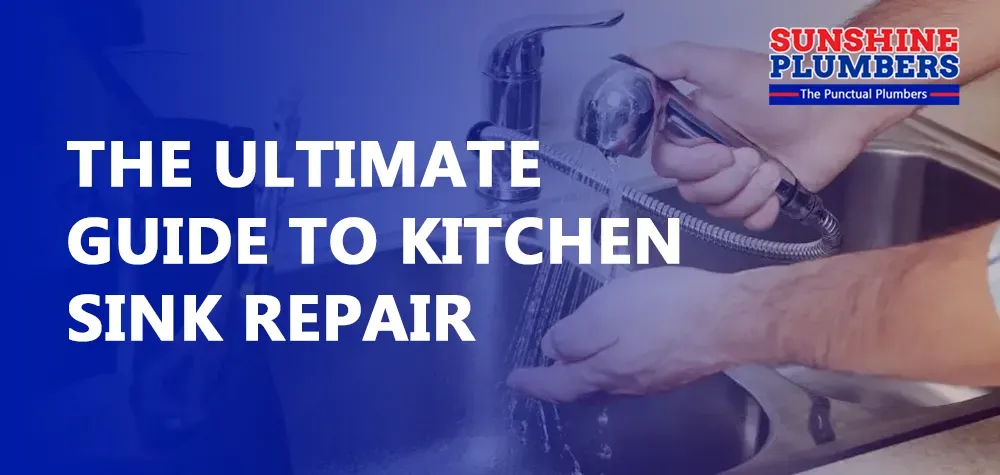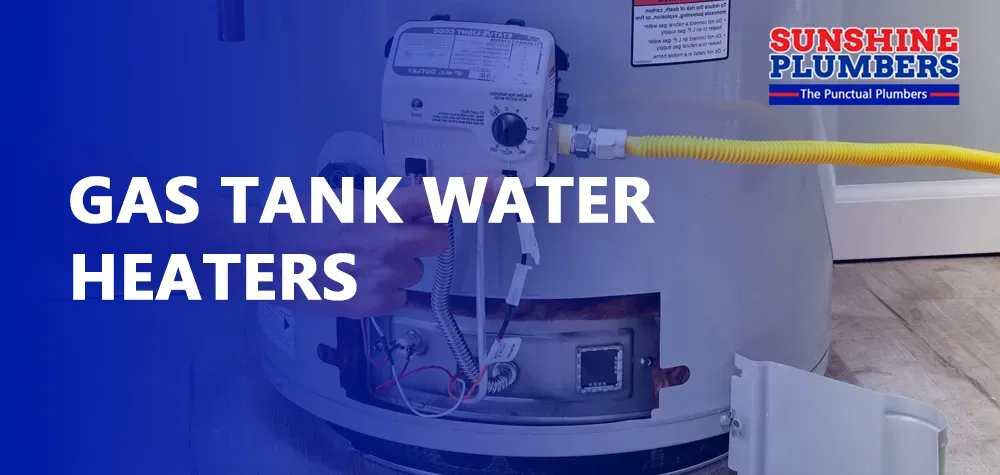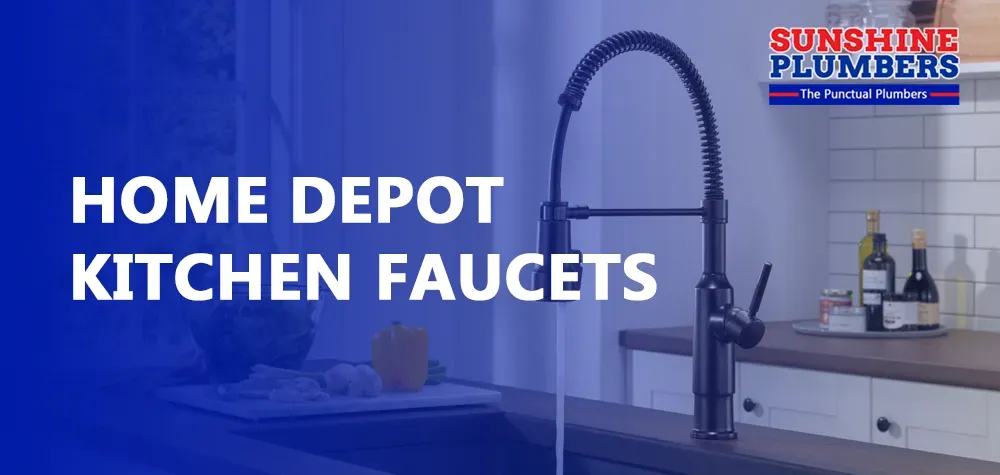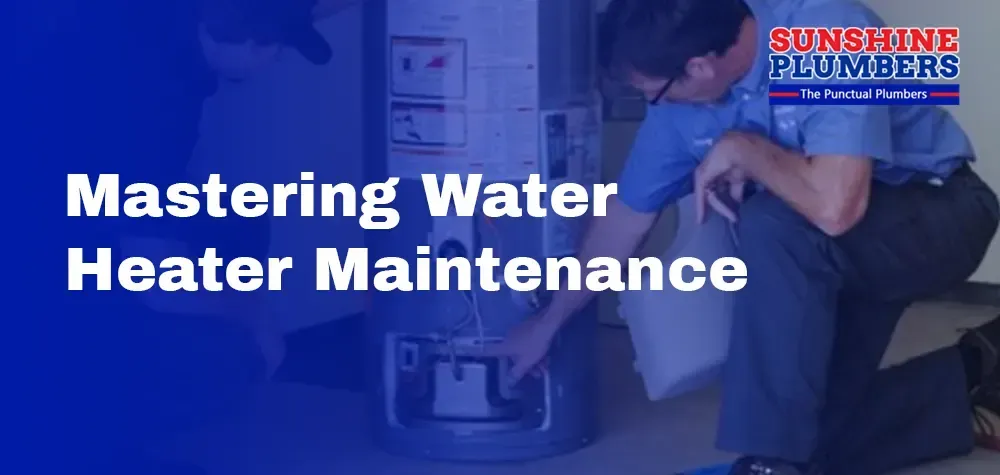Mastering Water Heater Maintenance: Your Guide to Efficient Hot Water
One crucial upkeep chore that many people neglect is draining a water heater. Even though it may not be the most enjoyable chore, keeping your hot water supply safe and clean is crucial to the lifespan of your water heater. This thorough article will explain the importance of emptying your water heater when to do it, and all the technical details.
Understanding Your Water Heater
It's important to have a fundamental understanding of how a water heater operates before we get into the specifics of maintenance. A tankless (on-demand) or conventional tank water heater is present in the majority of households.
Tankless Water Heater:
These systems heat water directly, as it flows through the unit. They are more compact and energy-efficient since they lack a storage tank. You don't need to empty tankless water heaters very often, and they require less maintenance.
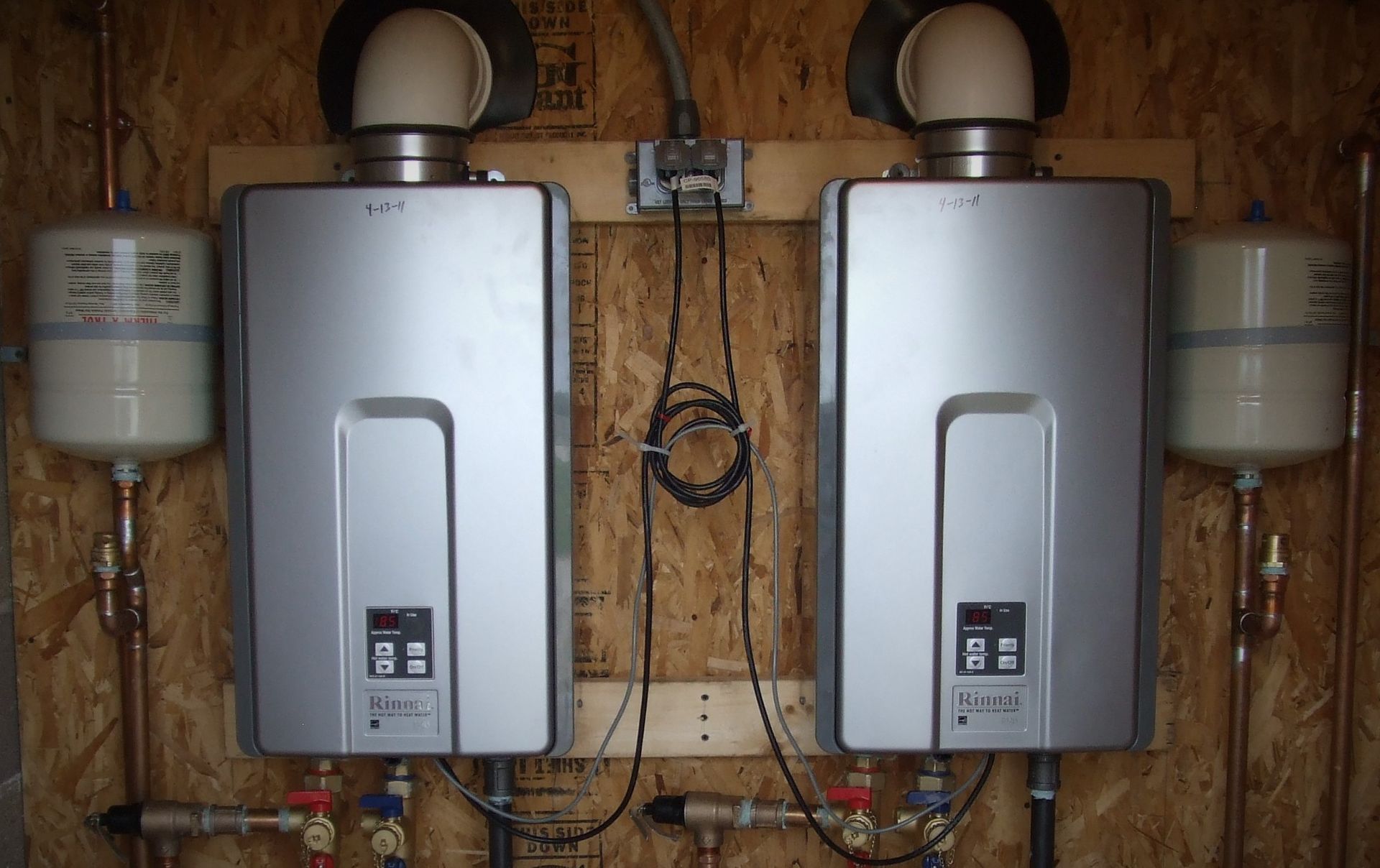
Tank Water Heater:
Tank water heaters are designed to hold and warm enormous amounts of water. These are the most typical kinds that one can find in a house. They consist of a tank, heating elements, and sometimes an anode rod. Over time, sediment, minerals, and rust can accumulate in the tank, which is why regular maintenance, including draining, is essential.
The Importance of Draining Your Water Heater
After defining the two primary kinds of water heaters, let's concentrate on tank water heaters, which need to be drained regularly. This is why it's crucial:
Sediment Buildup: Debris, sludge, and minerals eventually accumulate at the tank's bottom. This buildup may cause the water heater to operate less efficiently, requiring more effort to heat the water. Your energy expenses will rise as a result of this.
Corrosion Prevention: Draining your water heater helps reduce the chances of corrosion inside the tank. Leaks and, eventually, the requirement for a new water heater are caused by corrosion.
Prolonging the Lifespan: The lifespan of your water heater can be considerably increased with routine maintenance, which includes draining. A properly cared for unit has a 10- to 15-year lifespan.
Maintaining Water Quality: The tank's sediment and corrosion can degrade the water's quality. Emptying the tank contributes to the cleanliness and safety of the water that emerges from your faucets.
How Often Should You Drain Your Water Heater?
Now that we understand why draining your water heater is crucial, the next question is how often you should do it. The frequency of draining depends on a few factors:
Water Hardness: Your water heater may require more frequent draining if you reside in a region with hard water, or water with a high mineral concentration. Hard water causes mineral deposits to accumulate faster.
Tank Size: Smaller tanks may require more frequent draining because sediment can build up more rapidly in a limited space.
Water Usage: Because sediment builds up with each gallon of water that flows through the tank, a home with heavy water usage may need to empty the water heater more frequently.
Generally speaking, the majority of experts advise draining your water heater at least once a year. Sometimes, nevertheless, it can be required to drain more frequently. Consider increasing the frequency of maintenance if you observe any of the following symptoms:
Your water heater makes popping or cracking noises, indicating excessive sediment buildup.
You notice that the hot water taps are leaking rusty or discolored water.
The water heater consumes more energy the longer it takes to heat up.
The water heater in your home is more than ten years old.
In these situations, emptying your water heater is advised every three months, or possibly every six months, depending on how serious the problem is.
The Methodical Approach to Emptying Your Water Heater
Although emptying a water heater is a very simple procedure, patience and a few safety measures are needed. This is a comprehensive guide:
Tools and Materials You'll Need:
Garden hose
Screwdriver or pliers
Bucket or drain
Safety goggles and gloves
A wrench (optional, for loosening the drain valve)
Steps:
Cut the Power: To cut the power to your electric water heater, go to the circuit breaker. For gas water heaters, switch off the gas supply.
Turn Off the Water Supply: Find and close to the water heater's top is where you'll typically find the cold water inlet valve. This valve closes off the tank's intake of fresh water.
Attach the Garden Hose: Attach one end of the garden hose to the water heater's drain valve located at the bottom. The other end of the hose should be inserted into a big bucket or a floor drain.
Open Hot Water Taps: Open the hot water faucets in your house to let air into the tank and facilitate easy water flow out.
Open the Drain Valve: Open the drain valve gradually using pliers or a screwdriver. Be prepared for hot water and sediment to start flowing out of the hose. Keep an eye on the water's color; it should clear up as you drain.
Drain the Tank: Let the water drain completely. You may need to empty the bucket or reposition the hose as it fills. Remember that the water will be hot, so use caution and wear gloves.
Rinse and Repeat (Optional): You can repeat emptying the tank until the water runs clear if it stays muddy or discolored. It can require more than one attempt.
Close the Drain Valve: Tightly shut the drain valve after the water runs clean.
Turn On the Water Supply: Open the cold water inlet valve to refill the tank.
Bleed Air: Leave the hot water taps in your home open for a few minutes to allow any air in the tank to escape. A constant stream of water coming from the taps indicates that the tank is full.
Turn On the Power or Gas: Restart the electricity at the circuit breaker if you have an electric water heater. Turn on the gas supply for heaters that use gas.
Water Heater Care
Routinely emptying your water heater can impact the performance, longevity, and quality of the hot water in your house. We cannot overlook this very easy but crucial maintenance chore. Although yearly emptying is the suggested frequency, other considerations like as water hardness, tank size, and usage may need more regular draining. This comprehensive guide will help you keep your water heater operating at peak efficiency for many years to come, while also cutting energy expenses, avoiding corrosion, and preserving water quality. Don't overlook this crucial component of house upkeep; the little work you do will pay off handsomely.
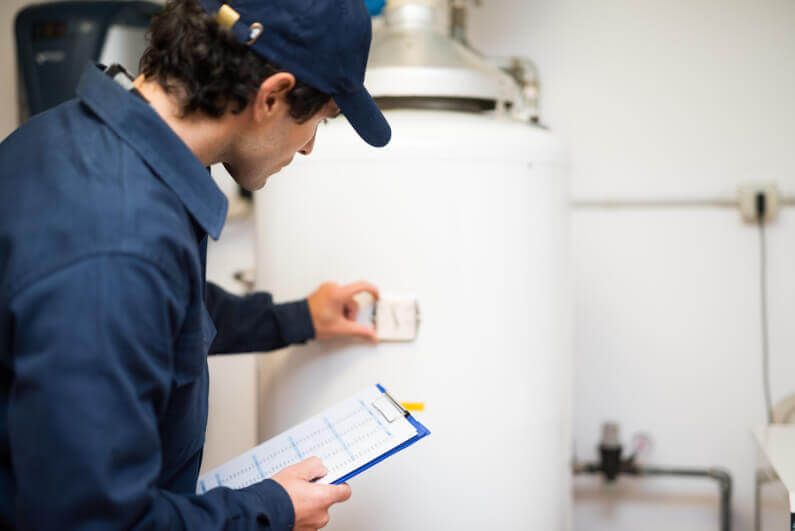
Expert Partner for Water Heater Maintenance
You can rely on Sunshine Plumbers to maintain your water heater in optimal condition for the comfort and convenience of your home. We're here to make routine water heater maintenance hassle-free for you because our knowledgeable staff knows how important it is. Moreover, we can help with sediment accumulation concerns, expensive energy bills, and chilly showers. Give us a chance to help you maintain the quality of your hot water, increase the lifespan, and increase the efficiency of your water heater. Hence, invest in the durability and dependability of your water heater with Sunshine Plumbers right now—don't wait for issues to occur.
Reliable Plumbing and Water Heater Care
Being your first choice for all of your plumbing requirements is something we at Sunshine Plumbers take great pride in. Additionally, we are the plumbers you can rely on thanks to our skilled specialists, cutting-edge tools, and dedication to client pleasure. Routine water heater repair is more than just a service; it's a necessity for your home's comfort and peace of mind. If you live somewhere with hard water or if you just want to make your water heater last longer, we can assist. Furthermore, Sunshine Plumbers can help you save money on energy costs and ensure that you always have access to clean, hot water. Contact us today. We provide your water heater with the finest care since it deserves it.

